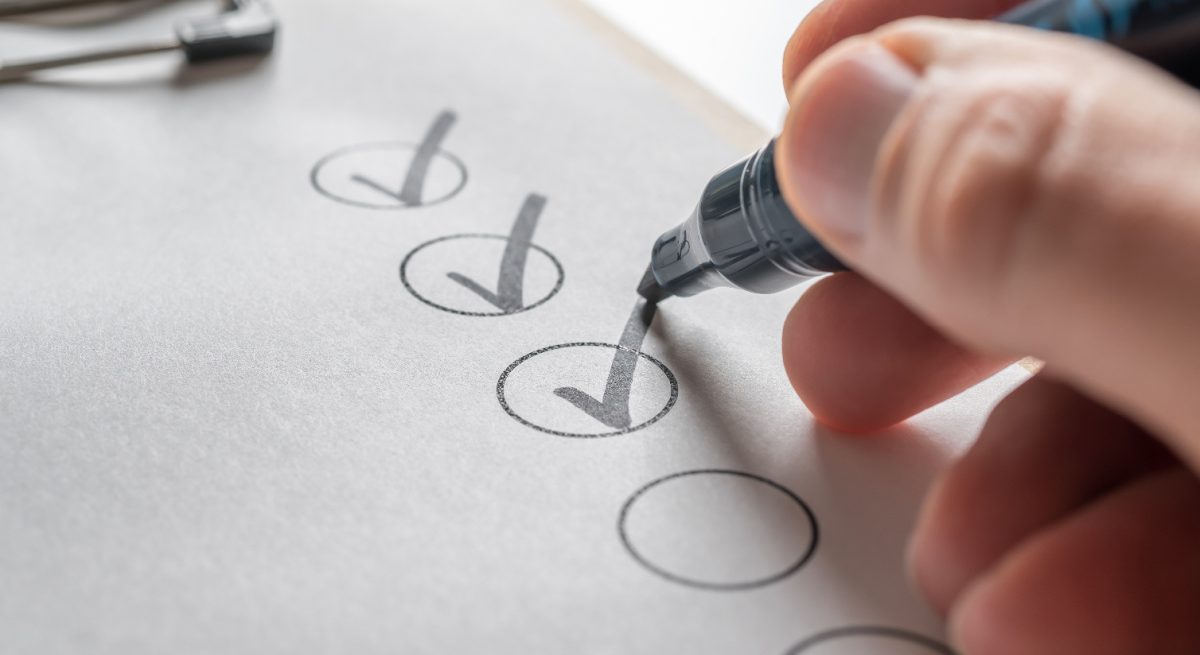Four Things Bar and Restaurant Owners Should Consider in their Coverage
4 Min Read By David DeLorenzo
With the laundry list of everything bar and restaurant owners need to handle on a daily basis, proper insurance coverage should be top priority. (But don’t worry, this needn’t be an everyday task.) With the guidance of a skilled agent that is well educated in the hospitality industry, bar and restaurant owners should be able to let the experts lead the way. However, there are some things that they should be covered for in their policies.
Getting coverage on a new establishment and when renewal time comes around are good times to really review the policies to ensure they are properly aligned with the restaurant and to protect the owner and staff in the case of an incident — and those can be wide-ranging. Proper communication with the insurance agent about all the ins and outs of the restaurant can help set up the policy right from the get-go. Here are four important things that bar and restaurants should have included in their policies:
Liquor — This is probably one of the biggest issues and one that should be air-tight in terms of protection in the policies. Establishments within the hospitality industry that serve liquor need to be sure that they are properly covered and protected in their policies, yes, but also that they are following proper guidelines within their establishment. For example, it is the restaurant’s responsibility to ensure best practices when it comes to liquor service. That includes anything from closely monitoring how much is served to any single guest, doing thorough background checks on security guards and other staff, keeping all liquor-associated certifications current, and providing written protocols to employees to ensure policies are understood and carried out in accordance with the rules.
Currently in the industry, liquor liability is taking on a hard market. This equates to rising premiums for establishments that serve liquor and less flexible negotiation terms through some insurance agencies. But regardless, this is one area where bar and restaurant owners shouldn’t skimp. Those in the industry that serve liquor must be extremely diligent when it comes to their liquor coverage in order to protect themselves and their staff in the case of an incident.
Employment Practices — Perhaps second only to liquor, employment practices must be acutely detailed in insurance policies for establishments in the hospitality industry. This umbrella includes actions such as hiring, not hiring, and firing policies, equal opportunity employment practices and sexual harassment. Specific to the latter, a bar or restaurant owner may not even be involved in the issue (there could be a claim between two employees or a manager, for example), but if they’re not properly covered with their policy, they could be at risk for a lawsuit — especially considering the very litigious state of today’s society. It’s highly recommended to have solid employment practices within the policy.
Ratings — Restaurant and bar owners need to be sure they know what they are rated on when it comes to their insurance policies. For example, their rating might be based upon the property’s square footage or the amount of sales they do. However, these are things that could change and when they do, the rating could change too — and that impacts not only the policy itself but also associated costs. For example, bar and restaurant owners might compare sales from 2019 to the height of the pandemic to current times. If their ratings are based on pre-pandemic sales but sales are still down because they are operating at partial capacity, they could be paying too much. Policies may need to be adjusted to reflect current sales — and that could help restaurant owners save money on their insurance. Other factors such as expansion, the purchase of expensive new equipment or new vehicles for the company should also be taken into consideration as they can impact the policy.
Exclusions and Endorsements — These terms refer to what restaurant and bar owners are covered for — and what they are not. It is vital that they understand their policies and to have certain things included that maybe at one time were non-issues. In today’s world, for example, bar and restaurant owners might want to check the weapons exclusions in their policies. With the increase in shootings and other weapon-related incidents at bars and restaurants, it’s important that owners have protections clearly stated in their policies.
When reviewing and renewing policies, bar and restaurant owners should review their policy endorsements too. If establishments have enacted certain things like the sale of to-go liquor and working with third-party delivery services that saw a major uptick during the pandemic, they need to make sure they are covered for those things and that the responsibility of each party is clearly stated in any partnership contracts with third party services. In general, items like inventory should be included and it’s recommended for new restaurant owners to have the property lease reviewed by an insurance expert.
There is a lot for bar and restaurant owners to consider when it comes to their coverage. But they can find themselves in jeopardy if they don’t set themselves up with a proper policy. Working with a professional agent that understands the industry is important. Staying in close communication with their agent is vital for bar and restaurant owners. As their businesses change and evolve, their insurance policies may need to be adjusted to ensure they are protected and pursuing best practices and a skilled agent can lead them in the right direction.


